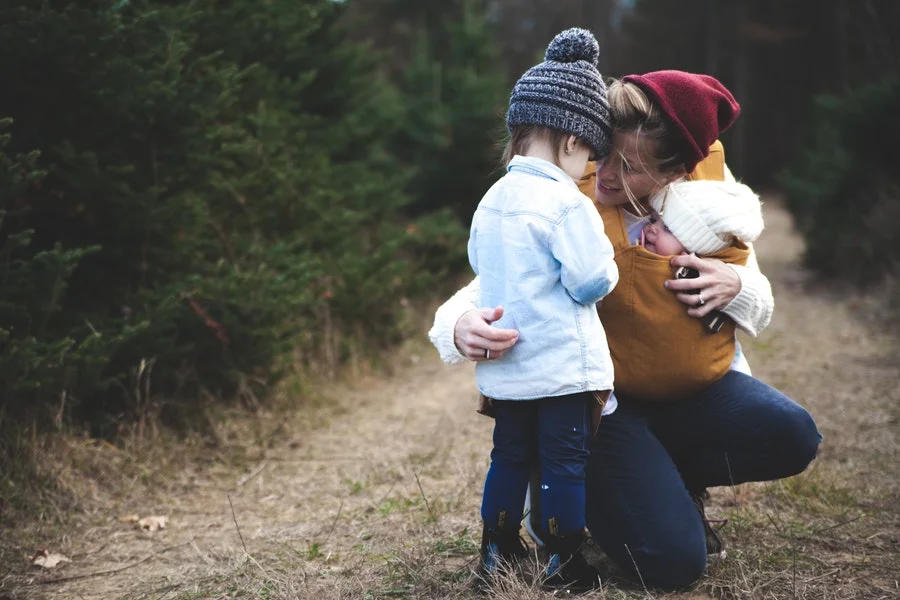Does this sound familiar?
Due to many different circumstances in both the adult and child's lives, there may be factors that bring out this phenomenon, and cause the individual to respond by taking on responsibilities or position of either the "child" or "parent". For example, the loss of a cherished parent may cause the other parent to regress into a childlike, vulnerable state sufficient enough to inspire care-giving and "parent-like" responses from their own children. Sometimes, these situations do help balance out, and develop closer ties with each family member. However, in other contexts, there might be an emphasis on a child to take on the onus of taking care of his/her siblings because he/she is the oldest child...or in several circumstances, the oldest male child of the generation. We've all seen these manifested in our friend's families, or even in our own. Some of these familial patterns are passed down from previous generations and may well be cherished traditions, so whilst we point these out, we do recognise and respect these state of affairs.
But what if there's more to it?
It had been proposed by Jenny Macfie, Laura E. Brumariu, Karlen Lyons-Ruth (2015) that role-confusion or role reversal between parent and child is a major risk factor for a child's development, yet one that has gone largely unnoticed. In the context of an evolutionary tension between parental reproductive needs and child needs for nurturing, parental history and current stressors may affect the ability to invest in parenting a particular child.
When adult relationships do not provide adequate emotional and instrumental support to the parent, he or she may look to a child to provide that support. The child becomes a parentified child. A growing empirical literature across clinical, family systems and developmental disciplines has pointed to the potential for the child to take on the role of parent, spouse, or peer in relation to the parent, such that traditional parent–child roles become confused or reversed and generational boundaries blurred. From a developmental psychopathology perspective, this change in parent–child role relations may adversely affect the child's socio-emotional development if demands placed on the child exceed the capacity to comply, thus increasing the risk for psychopathology.
But on the other hand...some good news
It was found that shouldering family responsibilities that are within the developmental capacities of the child may lead to increased self-efficacy and competence. Also, when considering our own parental needs, it might be useful to seek support from other adults, instead of expecting more from children who may not know what to do, and may feel powerless and insecure as a result. We don't want to communicate that others' needs are more important than one's own.
Whilst not sounding overly protective of children, one must consider that developmentally speaking, it is appropriate to allow children to experience difficulties too, and being okay with not knowing how to resolve a particular situation. It might be useful for them to enjoy their childhood and not have to take up the responsibility of providing care when they may need to focus on developing themselves first. It is good though, to help them understand that whilst their mum or dad is unwell or going through a tough time, that if they want to help, just being with you or giving a hug is more than enough.
Four points to take away:
As we know, an inevitable tension exists between parents' own needs and a child's need for care.
Parents may withdraw from a parental role and look to a child to meet their needs.
The child serves as parent, spouse or peer to his or her parent in role-confused relationships.
The child may look mature but his or her development is deleteriously affected.












Starting the year right and we’re at the Festival of Love Conference 2019 Singapore!